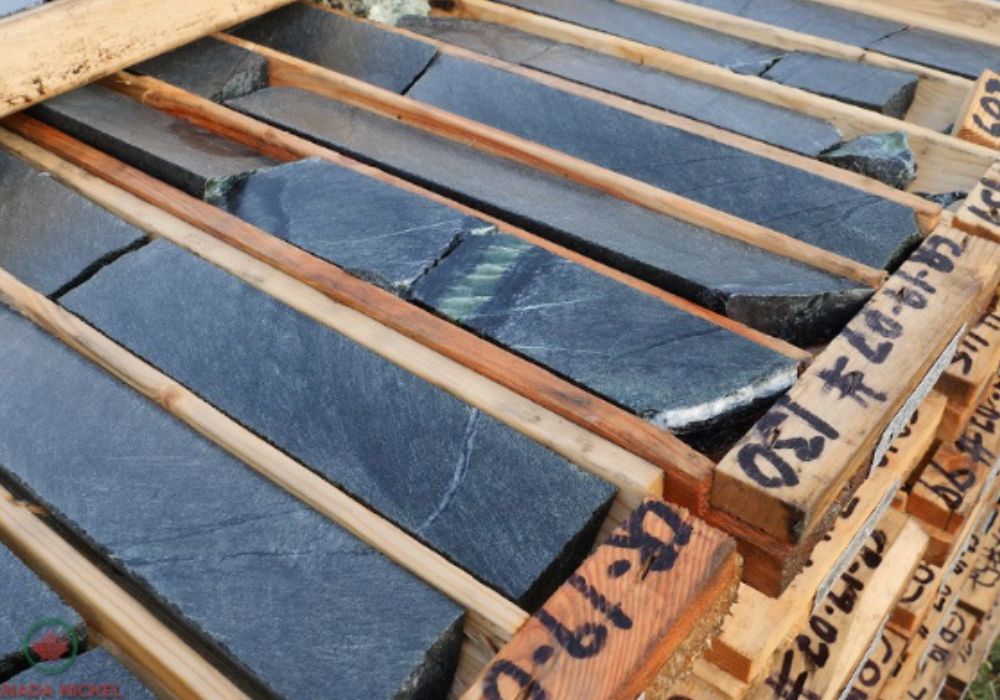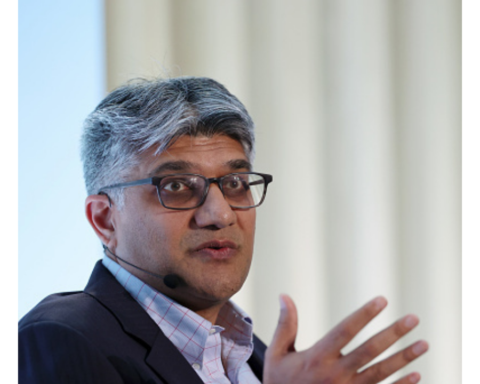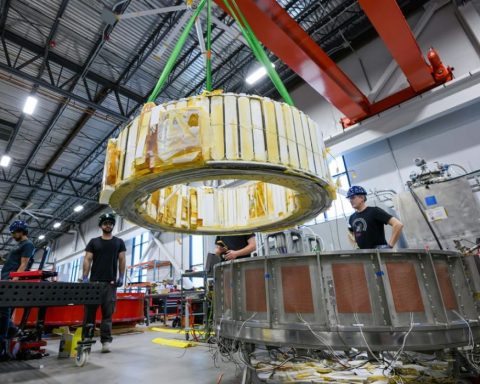Canada Nickel Company expects to reach a final investment decision early in 2026 on a sprawling, low-emissions nickel mine and refinery near Timmins, Ontario, subject to permit approval and some government financial support.
The Toronto-based company boasts one of the largest opportunities for new nickel production in the world and has secured investments from the nearby Taykwa Tagamou First Nation, as well as major international miners like Agnico Eagle, Samsung SDI and Anglo American. Called the Crawford Nickel Project, the open-pit mine would have one of the lowest greenhouse-gas footprints in the nickel mining business, with plans for a net-zero refinery process that will store carbon dioxide in rocks through a process known as mineral carbonization.
The federal and provincial governments are keen to develop new sources of the metals and minerals needed for the transition to a low-carbon economy, including for use in electric vehicles.
“In Ontario and across the country, we’re one of the most advanced large-scale critical-minerals projects that’s out there,” Canada Nickel CEO Mark Selby says. “Right now, we’re working on getting our main federal permit in place. It really comes down to funding, and this fall I think you’re going to see a series of announcements from both the province and the federal government in terms of support for critical-minerals projects like ours.”
Selby is a former executive with Inco, which was Canada’s leading nickel producer with mines in Sudbury, Ontario, and Thompson, Manitoba, before it was purchased by Vale in 2006. He says higher nickel prices and the lack of diversity in global supply allows for profitable development of the large, low-grade deposit near Timmins.
There is a way to transform the economy of this northeast Ontario region and really make it unique globally.
– Mark Selby, CEO, Canada Nickel Company
Francisca Quinn is a management consultant in Toronto who has taken a seat on Canada Nickel’s board. She says that the global nickel supply is controlled by Chinese-owned companies in Indonesia and that the Canadian government should consider the strategic implications of establishing a domestic supply.
A net-zero supply of nickel in Canada
This summer, the federal government provided a total of $165 million in financing to Torngat Metals for its Strange Lake project to mine rare earths at a site in Quebec near the Labrador border. Rare earths also play a crucial role in the energy transition, and Canada Nickel is looking for financial support in a similar range.
The Crawford site is 42 kilometres north of Timmins with good access to road, rail and electricity transmission lines. It would also benefit from a local workforce that is familiar with the mining sector.
The nickel is found in ultramafic rock, which can absorb carbon dioxide through a chemical process that stores it in carbonate form. The Canada Nickel refinery would create a concentrated stream of the carbon dioxide that would be more efficiently captured by the rocks. It can also use biochar – a by-product of forestry material – to replace coke or coal and reduce emissions in the processing.

The company says it could store 1.5 million tonnes of carbon dioxide annually, making it a net negative contributor to global carbon emissions. Selby says the carbon storage could be expanded to 10 to 15 million tonnes annually and create a net-zero industrial cluster in northeast Ontario. “There is a way to transform the economy of this northeast Ontario region and really make it unique globally,” he says.
There are some environmental impacts that the company will have to manage, including disruption of caribou habitat and loss of carbon-absorbing wetlands and peatlands. Groups like Environmental Defence have criticized provincial and federal efforts to develop critical-mineral projects in northern Canada without due regard for those impacts.
Canada Nickel has secured support from the Taykwa Tagamou Nation, which has invested $20 million for a 7% equity stake and a seat on the board. The deal, which closed in May, “demonstrates what’s possible when First Nations are meaningfully included as equity partners with real decision-making authority,” Chief Bruce Archibald said in a statement to Northern Ontario Business at that time. “We are proud to make this investment on behalf of our community – one that supports long-term economic benefit while advancing sustainable development on our traditional territory.”
Shawn McCarthy is an Ottawa-based writer and senior counsel with Sussex Strategy Group.
The Weekly Roundup
Get all our stories in one place, every Wednesday at noon EST.







